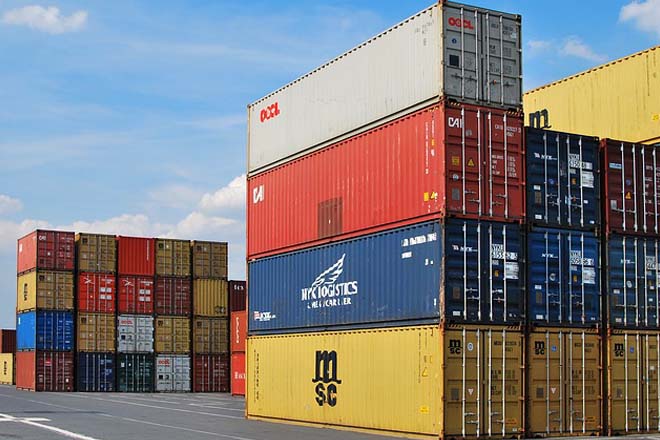Jun 19, 2020 (LBO) - “Sri Lankan exporters are cautiously optimistic about business continuity amidst a global pandemic,” reveals the findings of a new business survey conducted by the Ceylon Chamber of Commerce (CCC) and the United States Agency for International Development (USAID). A significant number of the firms surveyed had identified new business opportunities arising from needs relating to the COVID-19 pandemic, although they were deeply concerned about the impact on operations, cashflow, and productivity. They pressed for tax and financial relief, and digitization of government services - particularly at border agencies - in order to recover losses caused by the lengthy halt to business activity in the country.
The survey, designed by the CCC’s Economic Intelligence Unit and USAID’s ‘Partnership for Accelerating Results in Trade, National Expenditure and Revenue (PARTNER)’ project, was conducted over two weeks starting on May 4, 2020, and received responses from a representative mix of large firms and SMEs (including firms owned or led by women) in 26 export segments. Responses came primarily from senior-level executives, providing key strategic insights on the trade and labor market impacts of COVID-19.
Exporters trying to find ‘silver lining’ for recovery
The majority of the businesses responded that they were prepared to manage the impact of COVID-19, with 70% of the firms stating that they already had a ‘Business Continuity Plan’ in place. Most had already begun automating their business processes prior to COVID-19, indicating they are fairly well-placed to manage the challenges of work from home.
In addition, 63% of respondent firms have identified new opportunities to cater to increases in global demand arising from the pandemic. Large businesses were most likely to have identified new opportunities (67%) compared to SMEs (58%).
Exporters highly concerned about short-term financial stability
Half of
the respondents expected a decline in export revenues by 40% or more in 2020.
Most planned to apply for financial relief.
Here, the prominence of female owned businesses planning to request for relief (80%) was apparent. A majority of the companies have applied for financial relief to meet working capital requirements, relative to debt moratoriums.
Outlook for jobs, exports and the economy
On expected changes in employment conditions over the next three months, 26% of businesses anticipate a decline in full-time employees, 57% expect a decline in part-time employees, and 51% expect a decline in contractual employees.
On the outlook for export business, nearly half of the businesses expect a ‘severe’ or ‘moderate’ contraction in export business over the next three months, while over a 12-month period 36% expect high or moderate growth. On the outlook for the overall economy, businesses are less optimistic, with 83% perceiving severe or moderate contraction over the next three months and only 21% expecting high or moderate growth over a 12-month period.
Government role in supporting exporters
Export businesses observed that, although they are ready to bounce back, they had some key requests from the Government. Tax relief, financial assistance, and digitization of border agencies were among the top three interventions requested from the Government by large firms, SMEs and women owned/led firms.
The full report is available on the CCC ‘Trade Watch’ website - https://www.chamber.lk/images/COVID19/pdf/Surveyv2.pdf

